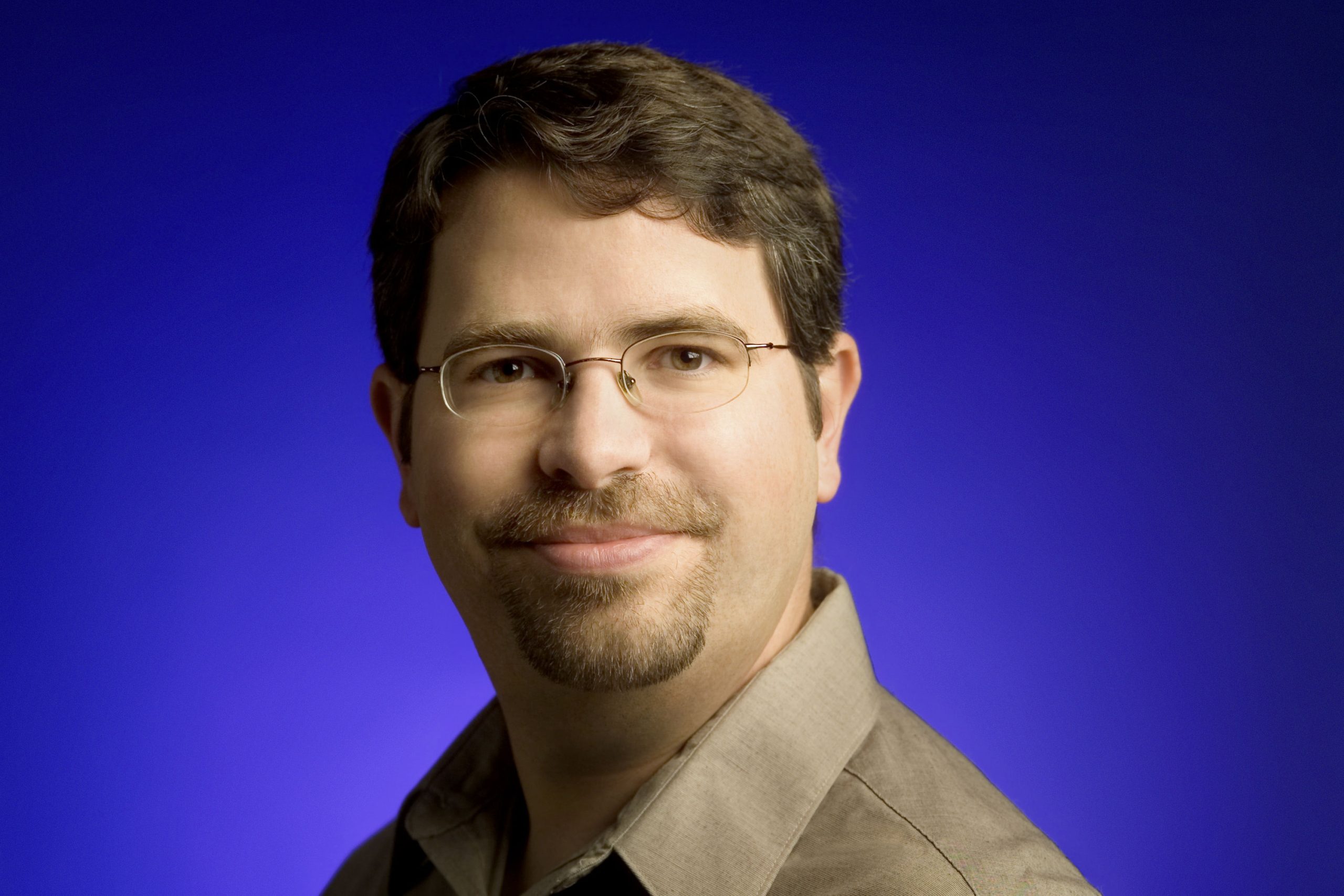Speaking with Search Engine Land‘s Danny Sullivan at SMX Advanced in Seattle, Google’s Matt Cutts said that the company has been aggressive in bringing higher quality content to its users through search. Among the results of the various changes Google has made has been a differing view of SEO and the practices used as part to make websites as search- and user-friendly as possible.
Recently, Google rolled out its Penguin algorithm, which focuses heavily on certain practices Cutts and the team at Google considers webspam. Among these was paid links, which marketers often used in the short term to help a site lift its search ranking while it develops a strong, content-heavy site. However, this often led to low-quality links that direct to even worse content. With the Penguin rollout, Google has made it more difficult for those buying paid links to compete in terms of search ranking.
Penguin, paired with the ongoing update of Panda, has made SEO an especially difficult game. Cutts told Sullivan that he believes marketers would say SEO is more difficult now than it was in the past because certain practices they could rely on are now discouraged and punished when they’re found.
In terms of the penalties for paid links, Cutts said marketers should expect more stringency going forward.
“I believe, if you ask any SEO, is SEO harder now than five or six years ago, I think they’d say it’s a little more challenging,” Cutts said in his interview with Sullivan. “You can expect that to increase. Google is getting more serious about buying and selling links. Penguin showed that some stuff that may work short term won’t work in the long term.”
Since first rolling out Penguin on April 24, Google has already updated the algorithm, likely to address an issue in the initial launch. Brafton reported that Penguin 1.1 affected very few searches, further demonstrating that it was likely aimed at a minor problem. Cutts said on his Twitter page that less than 0.1 percent of searches were impacted by the update.




